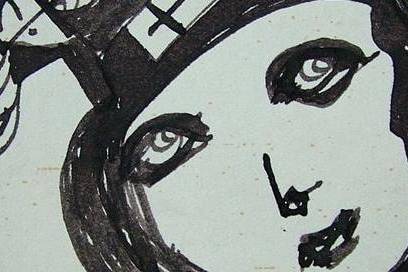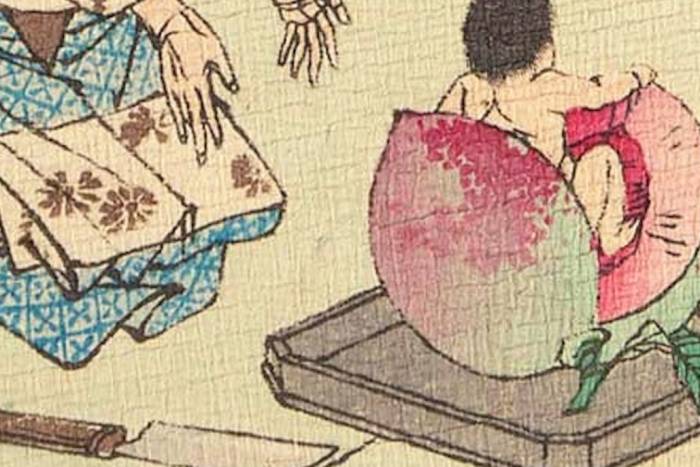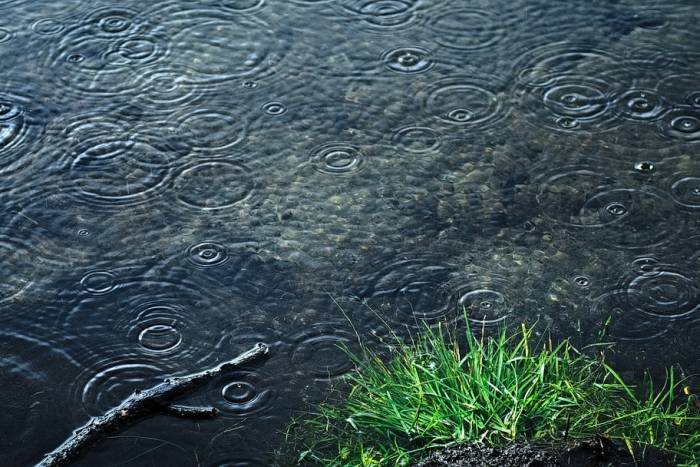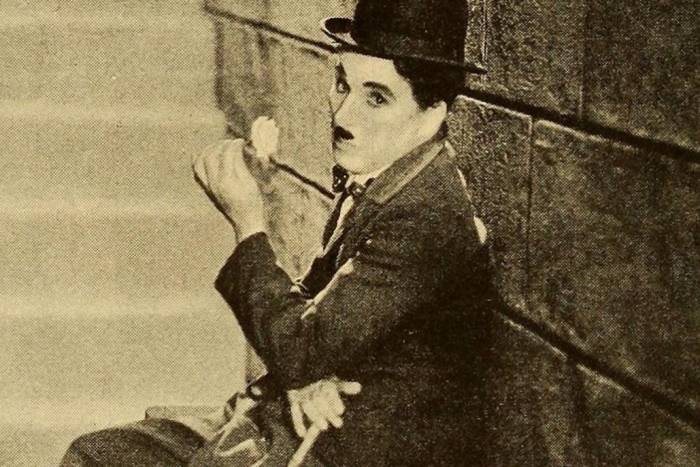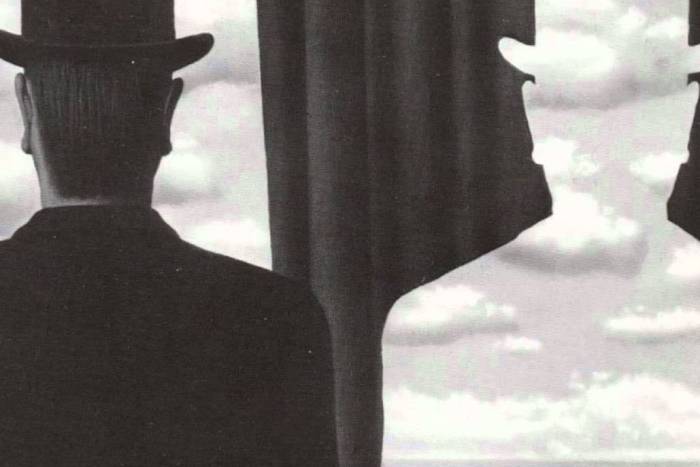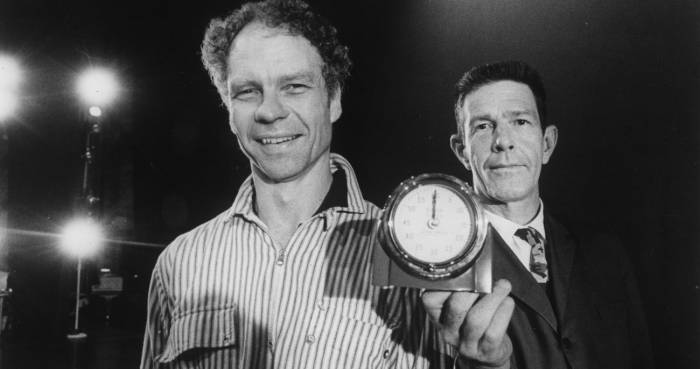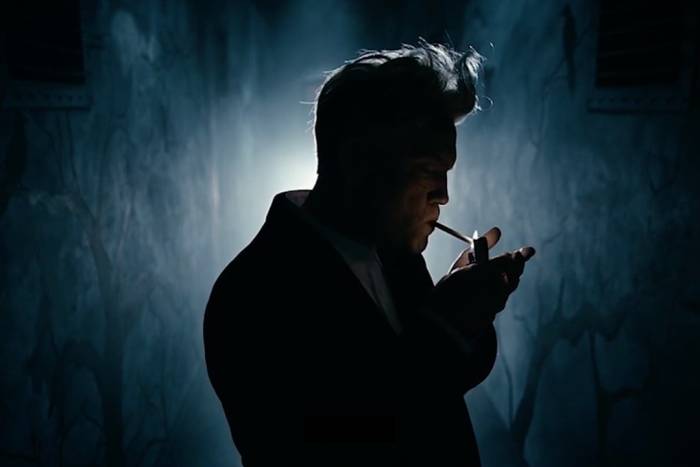In Defense of Rain
With his characteristic humor, G.K. Chesterton created an argument to reclaim the multiple delights of rain.
Alfonso Reyes described the essay as “the centaur of genres.” It contains everything and everything fits into it, and English writer Gilbert Keith Chesterton knew how to delight in it; he knew how to satisfy his imperious need for a miracle and share it with his readers. Thus all the Chestertons fitted inside his numerous essays, but the Chesterton who defended rain especially deployed all of his charm.
In “The Romantic in the Rain,” a brief text he published – together with several hundred others, at the beginning of the 20th century, and in which the author presents the rain as a routine optimism of nature. And he good-humouredly dreams up a delicious argument to convince the typical member of the English middle class (and everyone, everywhere), with their permanent disdain for precipitation, that the pluvial phenomenon is a dazzling source of metaphors and cleansing. If the English are such fanatics of taking a cold bath, he said, why should they not be equally fanatical about the rain:
Rain, that inspiring and delightful thing, surely combines the qualities of these two ideals with quite a curious perfection. Our philanthropists are eager to establish public baths everywhere. Rain surely is a public bath; it might almost be called mixed bathing. (…) It realises the dream of some insane hygienist: it scrubs the sky. Its giant brooms and mops seem to reach the starry rafters and Starless corners of the cosmos; it is a cosmic spring cleaning.
With his classic “system of surprises,” Chesterton attacks the conventions of the era with a spirit of adventure. In this case, reclaim the rain for his English compatriots who are accustomed to “despising” it and illuminating all of the beauty that he manages to multiply.
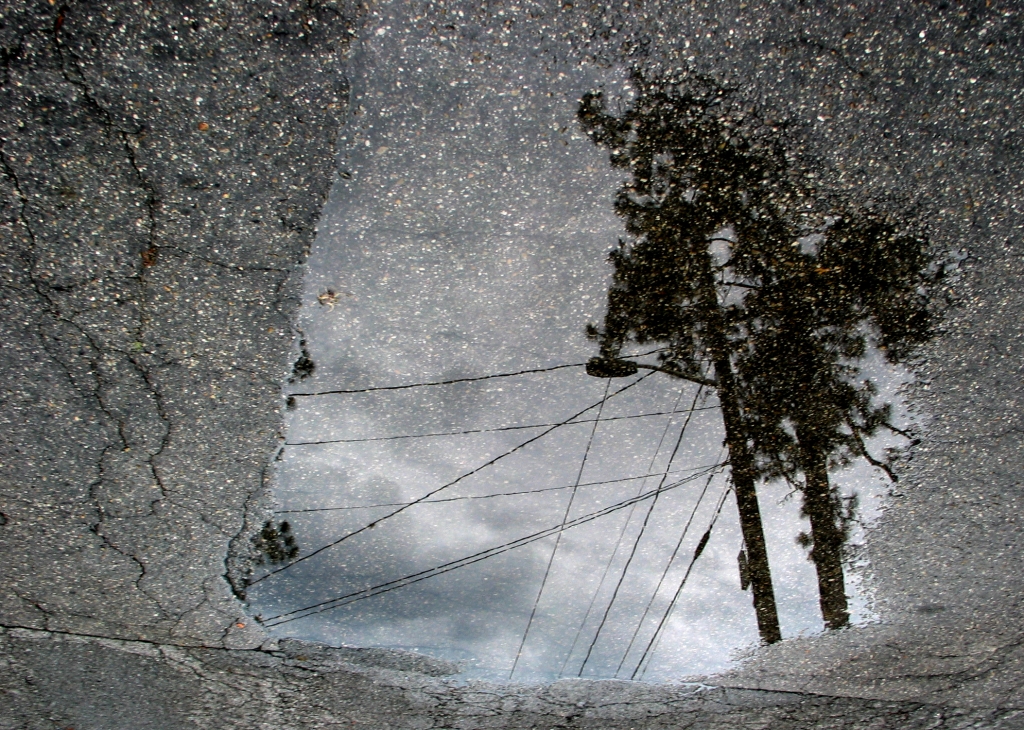
For indeed this is one of the real beauties of rainy weather, that while the amount of original and direct light is commonly lessened, the number of things that reflect light is unquestionably increased. There is less sunshine; but there are more shiny things; such beautifully shiny things as pools and puddles and mackintoshes. It is like moving in a world of mirrors.
All who have enjoyed these repetitions, of the cold contact with the sky and the earth, of the images that tremble and shine, cannot fail to enjoy Chesterton’s essay that “places us in front” of a rain that multiplies each time we have seen the designs it creates. His words are our eyes.
And indeed this is the last and not the least gracious of the casual Works of magic wrought by rain: that while it decreases light, yet it doubles it. If it dims the sky, it brightens the earth. It gives the roads (to the sympathetic eye) something of the beauty of Venice. Shallow lakes of water reiterate every detail of earth and sky; we dwell in a double universe.
This bright, wet, dazzling confusion of shape and shadow, of reality and reflection, will appeal strongly to any one with the transcendental instinct about this dreamy and dual life of ours. It will always give a man the strange sense of looking down at the skies.
“Chesterton reclaimed for himself the right to delight in the wonders of the world (a right that should only be exercised when one is not a fool, a dangerous right), and he abandoned himself from then on to the simple joys of the street in the open air,” Alfonso Reyes wrote in his prologue to the translation of The Man Who Was Thursday. We could add that those “simple joys” also became a series of eternal affairs.
Related Articles
Pictorial spiritism (a woman's drawings guided by a spirit)
There are numerous examples in the history of self-taught artists which suggest an interrogation of that which we take for granted within the universe of art. Such was the case with figures like
Astounding fairytale illustrations from Japan
Fairy tales tribal stories— are more than childish tales. Such fictions, the characters of which inhabit our earliest memories, aren’t just literary works with an aesthetic and pleasant purpose. They
A cinematic poem and an ode to water: its rhythms, shapes and textures
Here lies One Whose Name was writ in Water. - John Keats Without water the equation of life, at least life as we know it, would be impossible. A growing hypothesis holds that water, including the
Watch beauty unfold through science in this "ode to a flower" (video)
The study of the microscopic is one of the richest, most aesthetic methods of understanding the world. Lucky is the scientist who, upon seeing something beautiful, is able to see all of the tiny
To invent those we love or to see them as they are? Love in two of the movies' favorite scenes
So much has been said already, of “love” that it’s difficult to add anything, much less something new. It’s possible, though, perhaps because even if you try to pass through the sieve of all our
This app allows you to find and preserve ancient typographies
Most people, even those who are far removed from the world of design, are familiar with some type of typography and its ability to transform any text, help out dyslexics or stretch an eight page paper
The secrets of the mind-body connection
For decades medical research has recognized the existence of the placebo effect — in which the assumption that a medication will help produces actual physical improvements. In addition to this, a
The sea as infinite laboratory
Much of our thinking on the shape of the world and the universe derives from the way scientists and artists have approached these topics over time. Our fascination with the mysteries of the
Sharing and collaborating - natural movements of the creative being
We might sometimes think that artistic or creative activity is, in essence, individualistic. The Genesis of Judeo-Christian tradition portrays a God whose decision to create the world is as vehement
John Malkovich becomes David Lynch (and other characters)
John Malkovich and David Lynch are, respectively, the actor and film director who’ve implicitly or explicitly addressed the issues of identity and its porous barriers through numerous projects. Now

